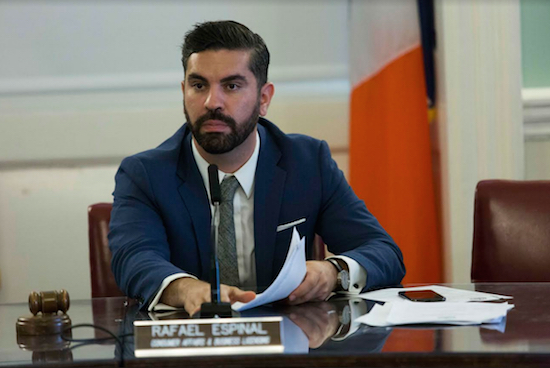For citizens and clubs to coexist, a councilmember has the solution: Soundproofing

New York City is loud enough with its incessant honking, blaring sirens and barking dogs, not to mention the crying baby down the hall in apartment 4B.
In “The City That Never Sleeps,” where businesses and residences are built in close proximity, noise pollution is ubiquitous, particularly on weekends when patrons of bars and clubs spill out onto the street.
One councilmember, however, is proposing a way for nightlife venues and residencies to coexist harmoniously.

Brooklyn Boro
View MoreNew York City’s most populous borough, Brooklyn, is home to nearly 2.6 million residents. If Brooklyn were an independent city it would be the fourth largest city in the United States. While Brooklyn has become the epitome of ‘cool and hip’ in recent years, for those that were born here, raised families here and improved communities over the years, Brooklyn has never been ‘uncool’.